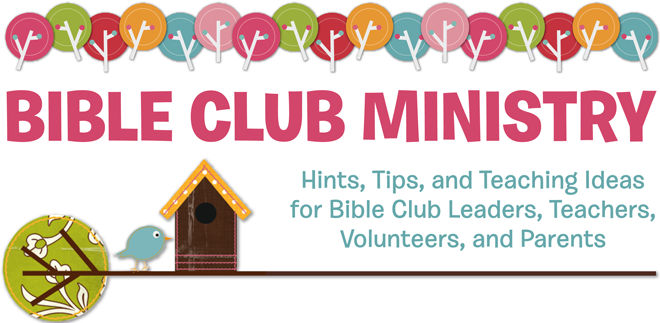The card contains a place to record emergency information and has a section to list allergies and other medical conditions your students may have. For any child with allergies, create a special, brightly colored name badge with the allergies listed so all leaders and helpers are aware of the allergies and don’t inadvertently give the child something that might cause an allergic reaction.
Hold the child’s hand when it’s time for the parent to leave. Wave and say, "Goodbye, [Mom], We’ll see you soon!" Let the child join the others to play or offer to share a game or puzzle with him or her.
Have the children gather around. Say, "We have a new friend with us today! Let’s introduce ourselves. Tell your name and something interesting about yourself, like a hobby or a funny thing about you. Then say, "God loves me!" Instruct the children to introduce themselves. Have each one tell something about himself, such as his favorite toy or activity. Have the children end their introductions by saying, “God loves me!”
Ask the visitor if he would like to introduce himself as the other children have done. (Do not push a shy child into talking in front of the class.) Say, "We are happy to have [Brandon] with us! God loves [Brandon], and so do we!" Be sure to include the child in each activity. You may want to give the new child a partner to help explain the class procedures. The helper can show the child where to find the bathroom, crayons, etc.
When it is time to dismiss say, I am glad you came, [Brandon]. I hope you will come back soon and learn about God with us! Remember, God loves you, and so do we!
Have the children gather around. Say, "We have a new friend with us today! Let’s introduce ourselves. Tell your name and something interesting about yourself, like a hobby or a funny thing about you. Then say, "God loves me!" Instruct the children to introduce themselves. Have each one tell something about himself, such as his favorite toy or activity. Have the children end their introductions by saying, “God loves me!”
Ask the visitor if he would like to introduce himself as the other children have done. (Do not push a shy child into talking in front of the class.) Say, "We are happy to have [Brandon] with us! God loves [Brandon], and so do we!" Be sure to include the child in each activity. You may want to give the new child a partner to help explain the class procedures. The helper can show the child where to find the bathroom, crayons, etc.
When it is time to dismiss say, I am glad you came, [Brandon]. I hope you will come back soon and learn about God with us! Remember, God loves you, and so do we!




